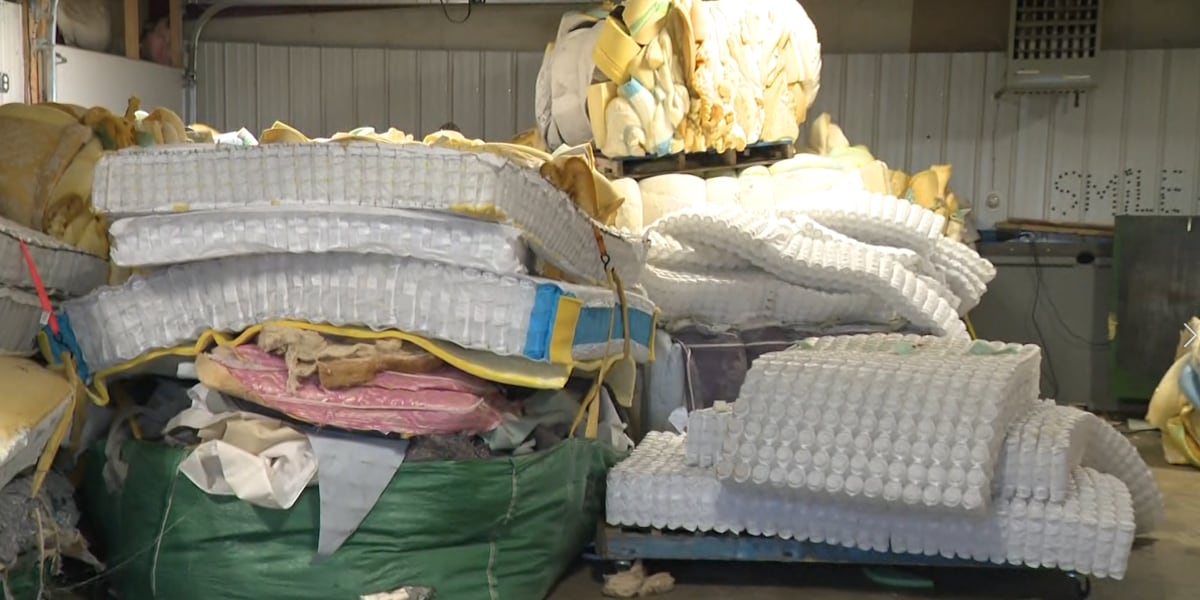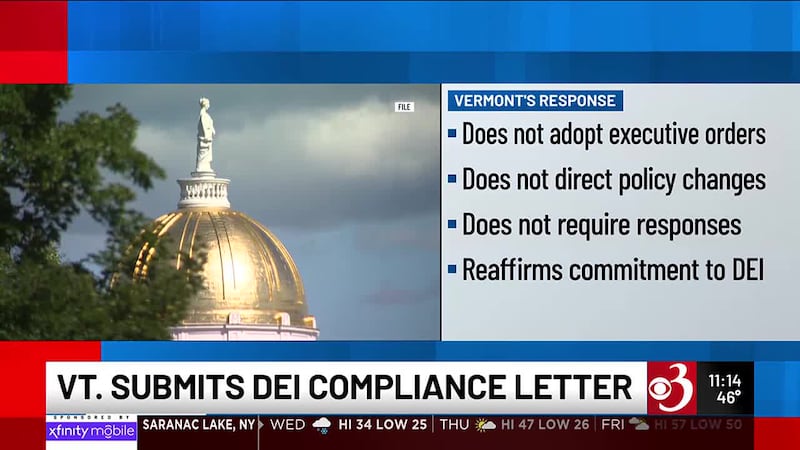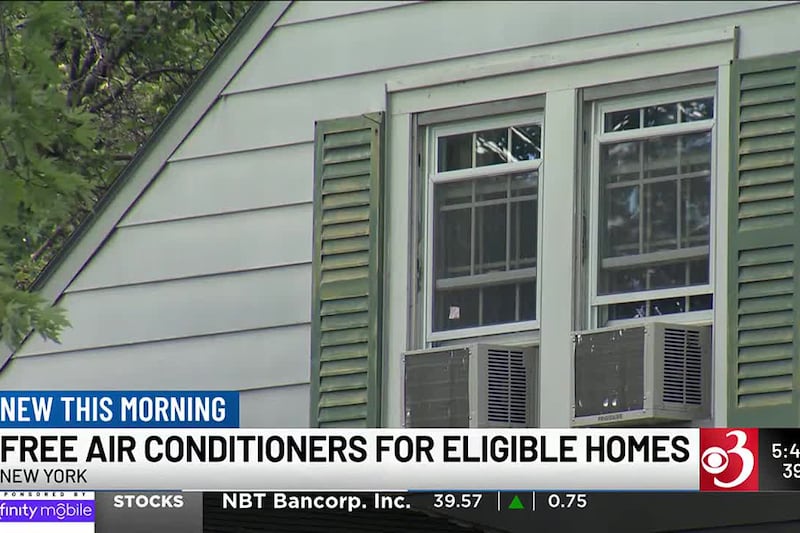“Sleeping Giants of Waste: The Unlikely Heroes Revolutionizing the Mattress Recycling Industry” As we drift off to dreamland each night, few of us stop to think about the fate of our trusty mattresses once they’ve reached the end of their lifespan. But the harsh reality is that millions of mattresses are tossed into landfills every year, contributing to a staggering waste management crisis. In fact, it’s estimated that over 50,000 mattresses are discarded daily in the United States alone, taking up valuable space and posing significant environmental threats. But amidst this sea of waste, a beacon of hope is emerging. Meet the innovative entrepreneurs behind a pioneering mattress-recycling business, who are on a mission to prevent landfill overflow and transform the way we think about our sleeping habits. In this inspiring story, we’ll delve into the fascinating world of mattress recycling and explore how one company is leading the charge towards a more sustainable future.
The Impact of Mattress Recycling

By diverting waste from landfills, mattress recycling has a significant impact on the environment and the economy. Since 2020, Sleep Well Recycling has diverted over 80,000 mattresses from the landfill, which is a substantial achievement in the Vermont solid waste ecosystem.
This achievement is significant because a single trashed mattress takes up one metric ton of space in the landfill, equivalent to a year’s worth of one person’s garbage. With Vermont’s only landfill in Coventry having only 20 years of capacity left, every recycled mattress goes a long way in saving space for actual garbage.

By the Numbers: Diverting Waste from Landfills
The numbers speak for themselves. By recycling 80,000 mattresses, Sleep Well Recycling has saved a substantial amount of space in the landfill. This is crucial for Vermont, where landfill space is precious and dwindling.

Economic and Environmental Benefits
Mattress recycling not only has environmental benefits but also economic benefits. By recycling mattresses, consumers and businesses can save money on disposal costs. Sleep Well Recycling’s services cost $40 at most, which is significantly lower than the $45 it costs to trash a mattress.
The positive environmental impact of recycling mattresses cannot be overstated. By breaking down mattresses into their component parts, Sleep Well Recycling is able to recycle 75-100% of the materials. The steel from boxsprings is sent to a metal recycling facility in Williston, the wood is turned into fuel at Burlington’s McNeil Generating Station, and the foam and toppers are converted into carpet underlay by a company in New Jersey.

A Model for Sustainability
Partnerships and Collaborations
Sleep Well Recycling’s success is not solely due to its innovative approach to mattress recycling. The company has formed partnerships with local businesses and organizations, including the Chittenden Solid Waste District and the Champlain Housing Trust, to promote sustainability and responsible waste management.
These partnerships are crucial in promoting community involvement in sustainability efforts. By working together, local businesses and organizations can make a significant impact on reducing waste and promoting environmental responsibility.

A Call to Action: Policy Changes and Individual Responsibility
While Sleep Well Recycling’s efforts are commendable, there is still more work to be done. Policy changes are needed to support mattress recycling and encourage more businesses and individuals to take action.
Individuals and businesses have a role to play in reducing waste and promoting sustainability. By choosing to recycle their mattresses and supporting businesses that prioritize sustainability, individuals can make a difference. It is time for policy makers to take action and support initiatives that promote responsible waste management and environmental sustainability.
Conclusion

In conclusion, the innovative mattress-recycling business featured in WCAX’s report is a beacon of hope in the fight against landfill overflow. By salvaging approximately 90% of materials from discarded mattresses, this pioneering venture not only reduces waste but also conserves natural resources and decreases the carbon footprint associated with producing new mattresses. This eco-friendly approach also creates jobs and stimulates local economies, underscoring the multifaceted benefits of sustainable practices.

The significance of this initiative cannot be overstated, as the mattress industry generates millions of tons of waste annually, with the majority ending up in landfills. By embracing recycling and upcycling, we can mitigate the devastating environmental consequences of our throwaway culture. As consumers become increasingly environmentally conscious, businesses that prioritize sustainability will not only reap financial rewards but also contribute to a healthier planet for future generations.


